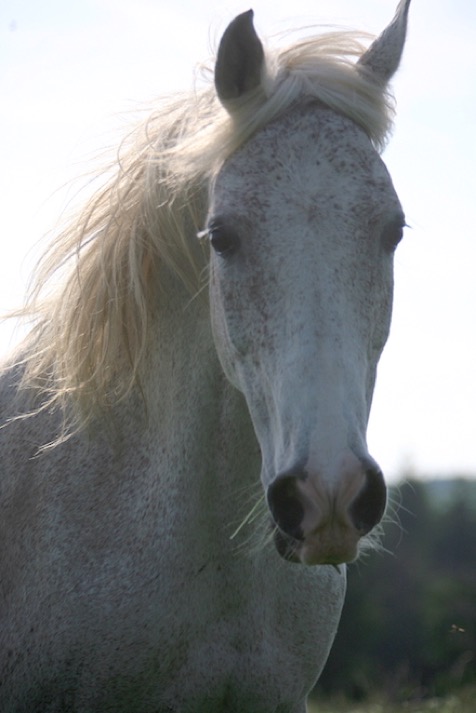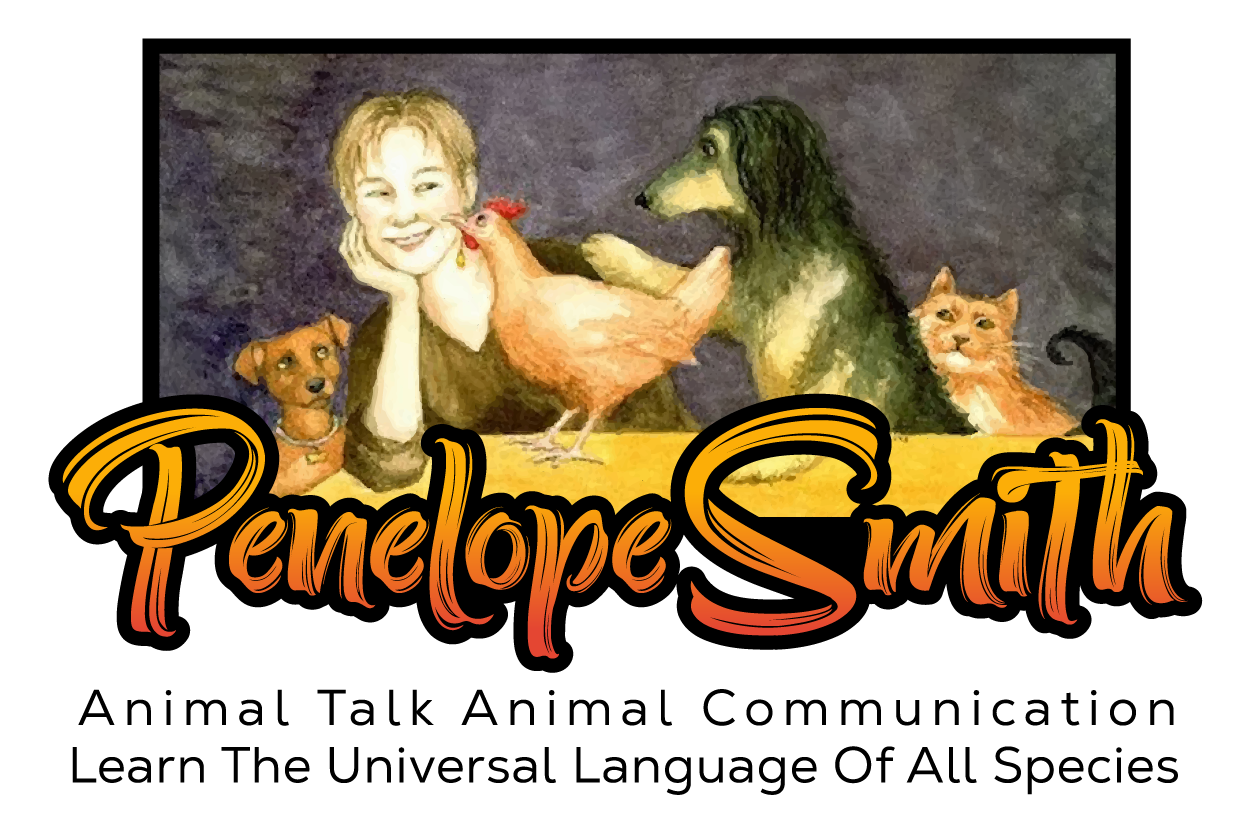Ask Before You Ride A Horse
November 29, 2018 Filed in:
Animal WelfareAfter I wrote the September 21 blog on How Horses Feel About Humans, a reader wrote to me about horses having pain when they are ridden with a reference to a book and articles by Maksida Vogt, which scientifically shows how this is so.
Before I talk about these studies, I’d like to give you my perspective from communicating with numerous horses and falling in love with these sensitive, beautiful beings.

Pankhri - photo by K. Boldt
I have communicated with hundreds, perhaps thousands, of horses in my career, as I went from stables to ranches to large equestrian centers, often communicating with many horses and their people in each place. Horses engaged in sports such as racing, dressage, jumping, endurance riding, western riding, barrel racing, trail riding…. Horses with the simplest pleasure riding as their focus and horses preparing for the Olympics in their sport.
Is it Always Painful for the Horse?
I have heard many horses communicate about the pain they endure and witnessed the help they often needed to recover from human activities. I concluded from these horses and the history of human treatment of horses that they are some of the most mistreated animals in the world. They have been treated as slaves for human use, no matter what horses think and feel about it.
I also worked with many people who respected their horses and treated them with dignity. They did all they could to help their horses fulfill their natural lives and used more relaxed and cooperative rather than abusive training methods. I met many horses who loved their people and were very willing to be ridden, enjoying activities such as trail and endurance riding.
I have also communicated with horses where there is no pain from riding or it is minimal or temporary to them and they were willing to go through it to do the activity with people they loved. Yet, there are many who hurt and are injured from being ridden.
In consultations, I was able to help people see horses’ perspectives and how people could work with them to have both the horse and rider be more at ease and fulfilled in the relationship. Influential trainers changed the harsher ways they dealt with horses after understanding them better and seeing a more effective way in concert with the horse, which rippled through that part of the horse world and made both horse and human lives better.
Horse Anatomy and Needs
These veterinary anatomical studies explain horses’ pain and spinal injury from carrying a person’s weight on their back and being forced out of their natural movement by improper training, shoeing, saddling, and rearing and living conditions.
Harm of riding Study Part I, Maksida Vogt
Harm of riding Study Part II, Maksida Vogt
Harm of riding Study Part III, Maksida Vogt
Harm of riding Study Part IV, Maksida Vogt
Treatise on farrier occupation, Maksida Vogt
The author lists these signs of horses’ pain. They are very valid and are often ignored in the quest to get on with what humans want from horses:
- Horse jerks or flinches while being groomed
- Horse dishes the back ventrally when touched
- Horse refuses to give a hoof for cleaning
- Particular body regions are very hot
- Horse prefers one body position, such as: holding head only on one side or the other, tail only on one side or the other, only one hind leg is exonerated (the author may mean extended or relaxed here), not the other, etc.
- Horse presses it’s head against solid objects
- Grinding of teeth, wind sucking, cribbing, chewing on ropes
- Horse does not want to move
- Head shaking
- Horse defends himself, raises (rears), bucks, kicks under or out behind, holds head extremely high
- Horse is lame
Ask the Horse
Part of the communication I got in the millennial message from Horse to humankind stated:
We gladly participate in the activities that humankind treasures with us. All we ask is that we be honored as who we are. We ask that we be given the space to be our natural selves with you, so that we can transmit our greatest gift— the deepest love of who we are in ourselves. When we give this gift, we know that you, too, feel who you are.
We allow you to ride on our backs. Yet, we want to be respected. So, when you see the horse, and see each horse as an individual, we ask that you look at our souls and know who we are. Then you will honor us and treat us in the way we deserve, in the way that you yourselves deserve as fellow beings, and as souls of beauty on the earth.
I have ridden horses only a few times in my life in relationship with clients who rode horses, both Western and English style. I had an experience of a highly trained dressage horse following my needs and wishes communicated telepathically despite his trainer’s urgings, much to her surprise. I felt grateful as a beginner that he was kindly taking care of me.
From my limited riding experience, I had a better relationship with horses when I was on the ground and we could be on the same level and more relaxed with each other. This was especially the case with one horse who had been ridden by many people. We got along well and liked each other when I was next to him. He said it was okay for me to ride. Once I got on his back, however, he tightened up, mentally checked out, and just pushed to get to the end of the short circular trail. His pain was obvious.
Honoring
Honor horses as fellow souls on the journey by communicating with them and getting their point of view. Act with their willingness in activities you do with them. Find ways to work with them and ride that goes along with their natural balance and yours. While horses may be willing to endure some discomfort in an activity, strive to make your interaction a pleasure for them and you. Be grateful for having a relationship with these amazing beings.
Here’s a program to guide in honing your telepathic animal communication skills to better understand your horse and all other species.




 Pankhri - photo by K. Boldt
Pankhri - photo by K. Boldt